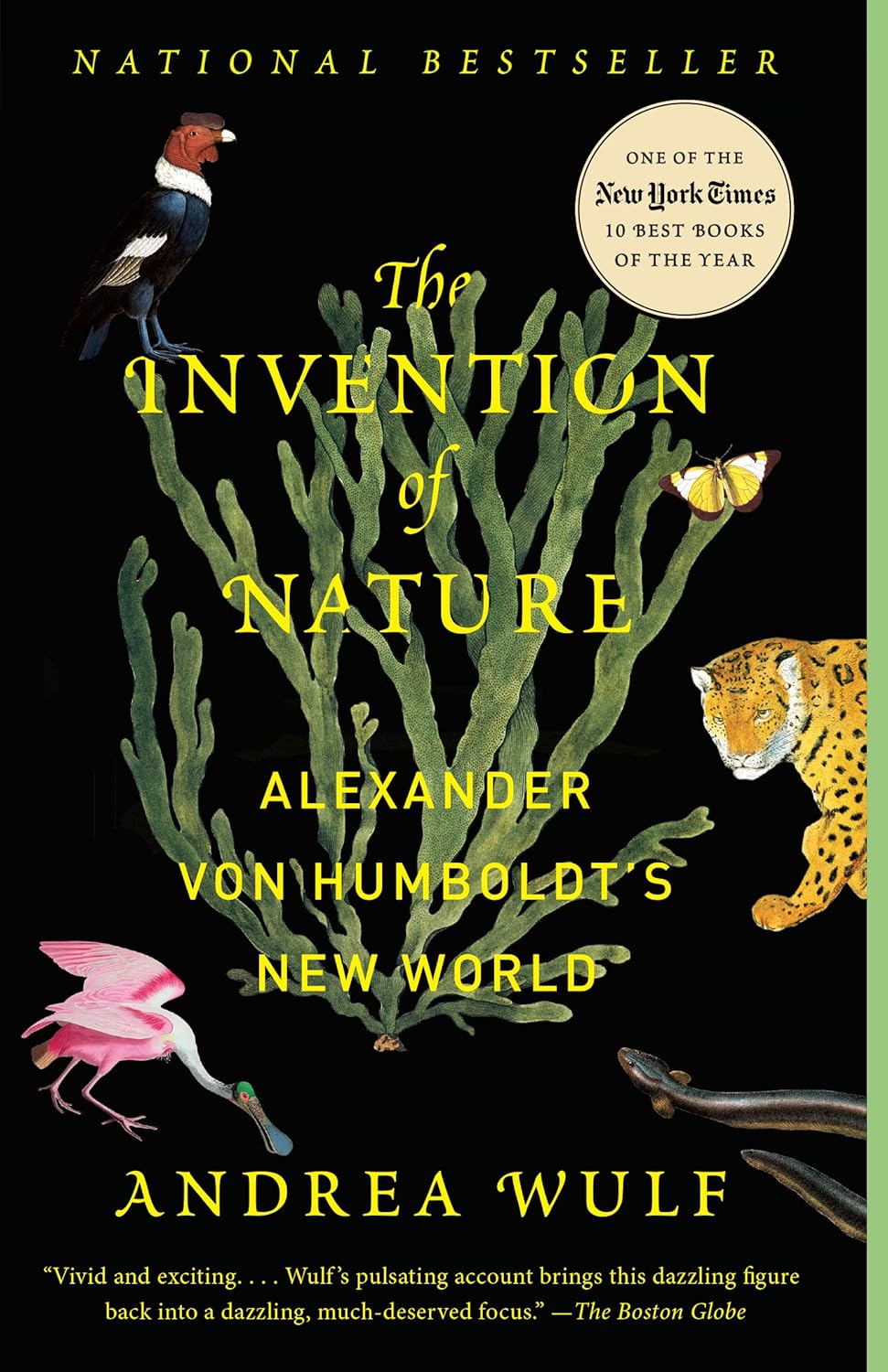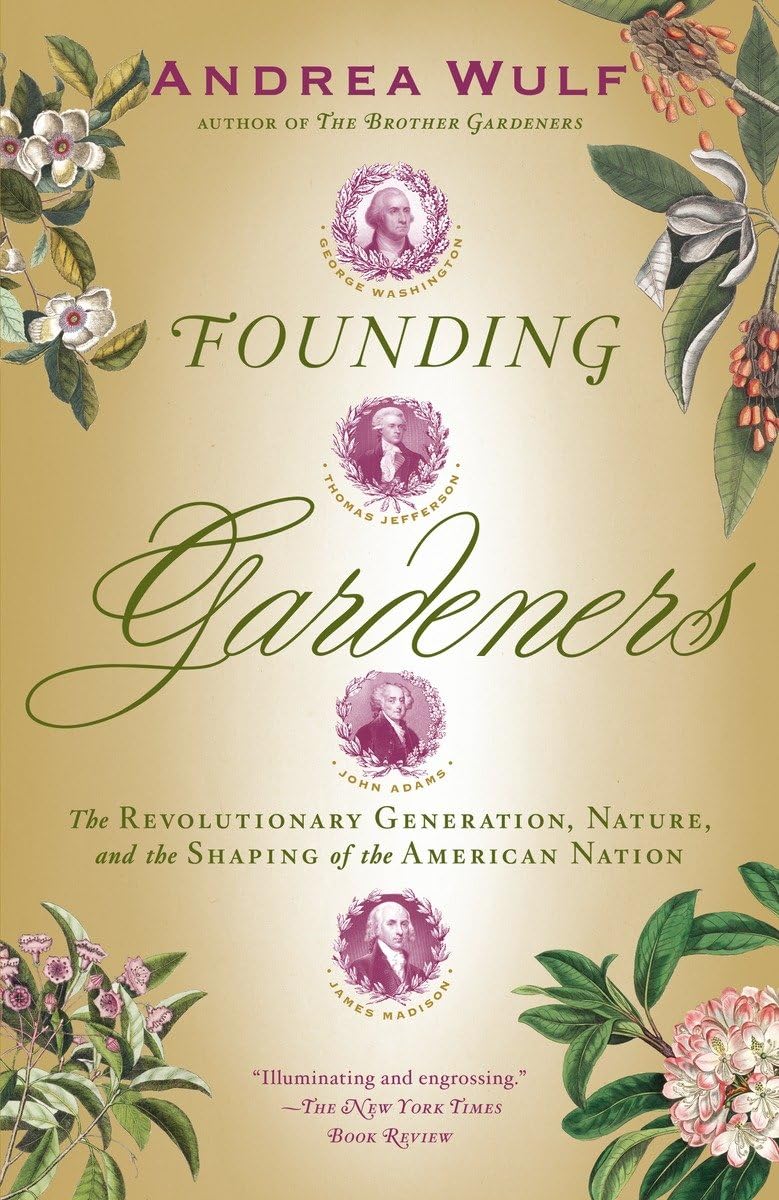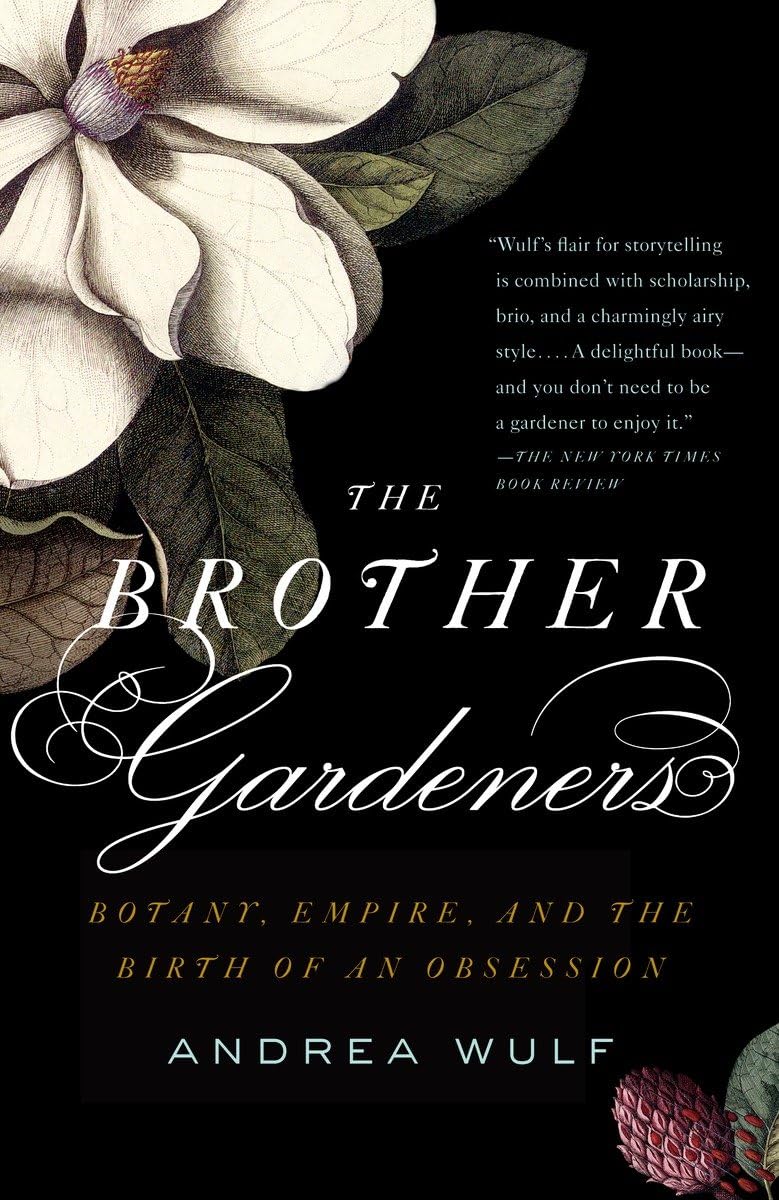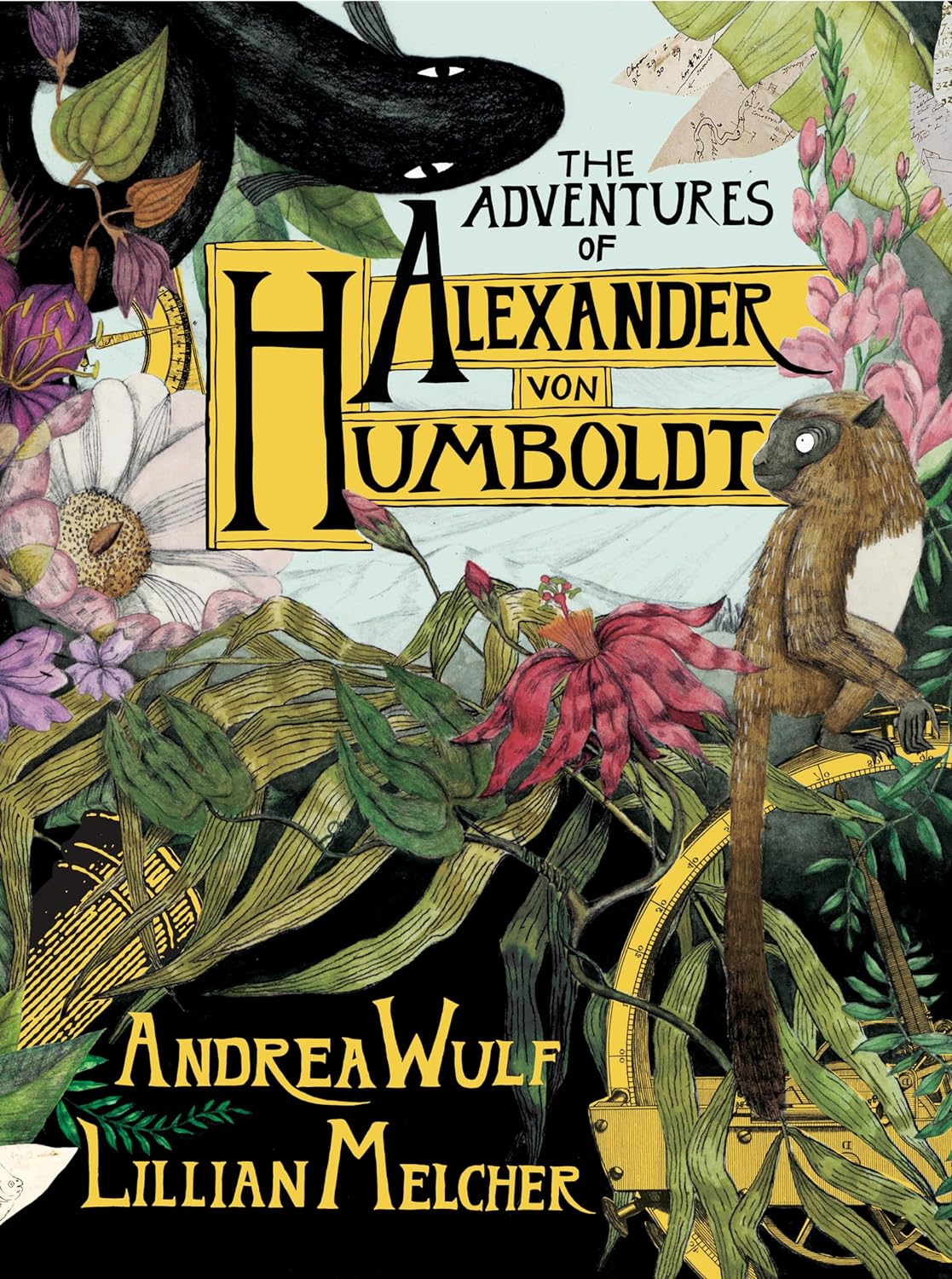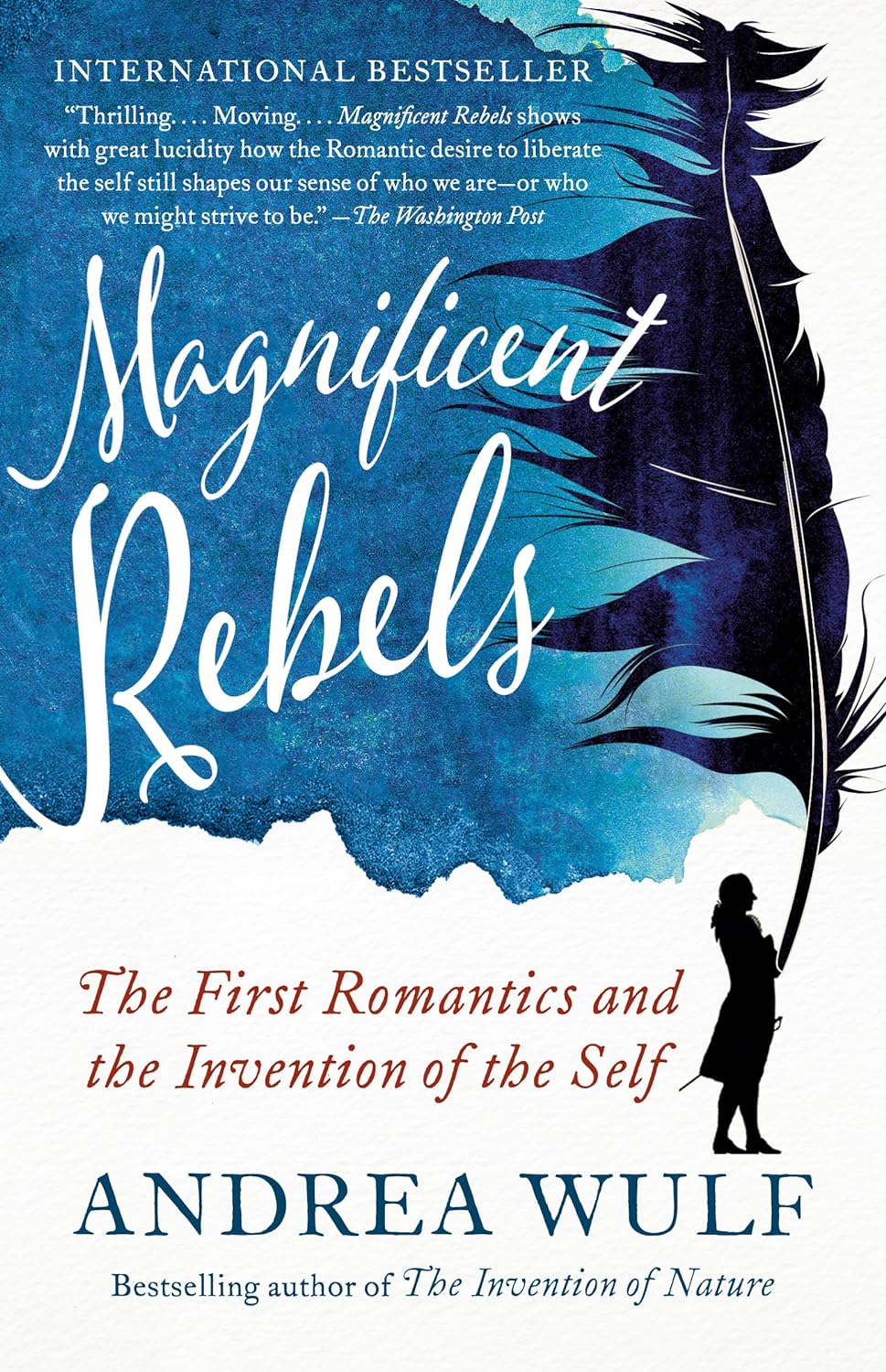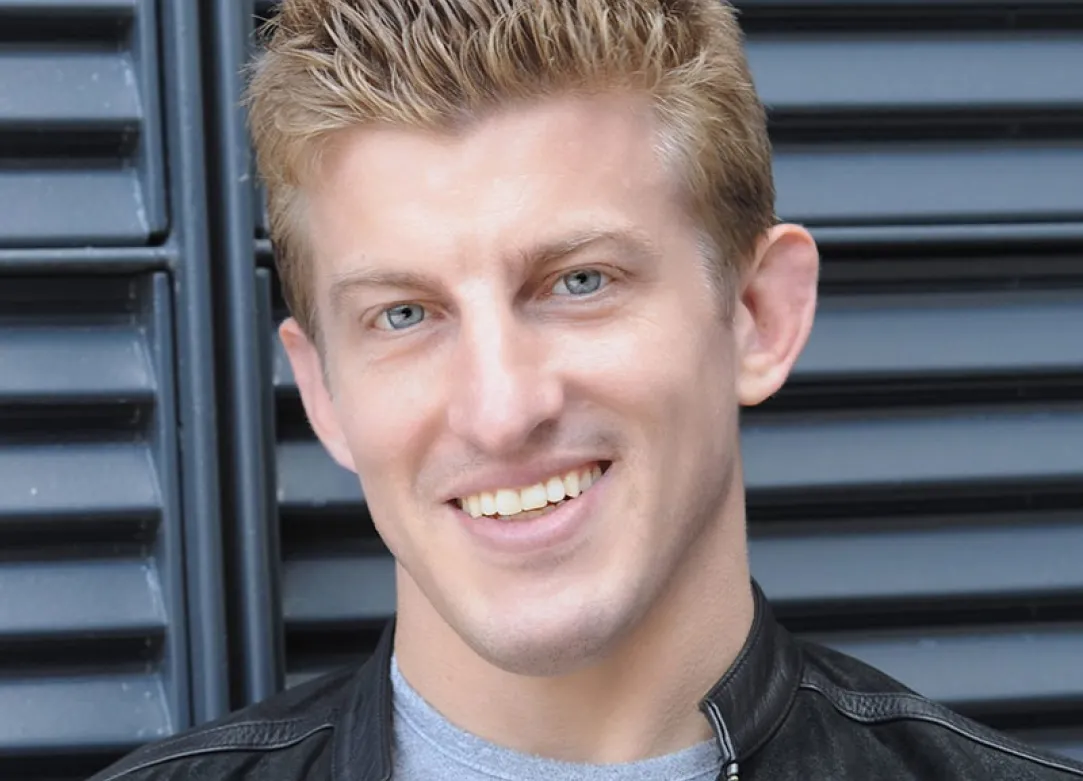Andrea Wulf was born in India and moved to Germany as a child. She lives in Britain where she trained as a design historian at the Royal College of Art.
Andrea Wulf is an award–winning author of seven acclaimed books, including the ‘Founding Gardeners’ and ‘The Invention of Nature’ which were both on the New York Times Best Seller List. She has written for New York Times, the Atlantic, the LA Times, Wall Street Journal, and the Guardian and many others. Her latest book Magnificent Rebels. The First Romantics and the Invention of the Self which was published to great acclaim in 2022 (and will be published in 15 countries).
She has lectured across the world – from the Royal Geographical Society and Royal Society in London to Monticello and the New York Public Library in the US, as well as literary festivals across the world. She is a Miller Scholar at the Santa Fe Institute, a three-time fellow of the International Center for Jefferson Studies at Monticello and the Eccles British Library Writer in Residence 2013. She's a member of PEN American Center, a Fellow of the Royal Society of Literature and a judge of the Baillie Gifford Prize 2023.
Andrea is a regular on radio and TV in the US, the UK and in Germany. The ZDF / Smithsonian Humboldt documentary won the Discovery Award 2019 / Science Film Festival. In 2019, she was part of the delegation that accompanied Germany's President Frank-Walter Steinmeier on his trip to Ecuador and Colombian ... following Humboldt's footsteps.
The “Brother Gardeners” was long-listed for the Samuel Johnson Prize 2008 and won the American Horticultural Society 2010 Book Award. “Founding Gardeners” and 'The Invention of Nature" were both on the New York Times Best Seller List.
"The Invention of Nature" has won 15 international awards, including the Royal Society Science Book Award 2016, Costa Biography Award 2015 and the LA Times Book Prize 2016, as well as awards in Germany, China, France and Italy. It was selected by New York Times "10 Best Books of 2015" and will be published in 27 countries. It was on Germany's bestseller list for more than three years and has sold more than 700,000 copies worldwide.


